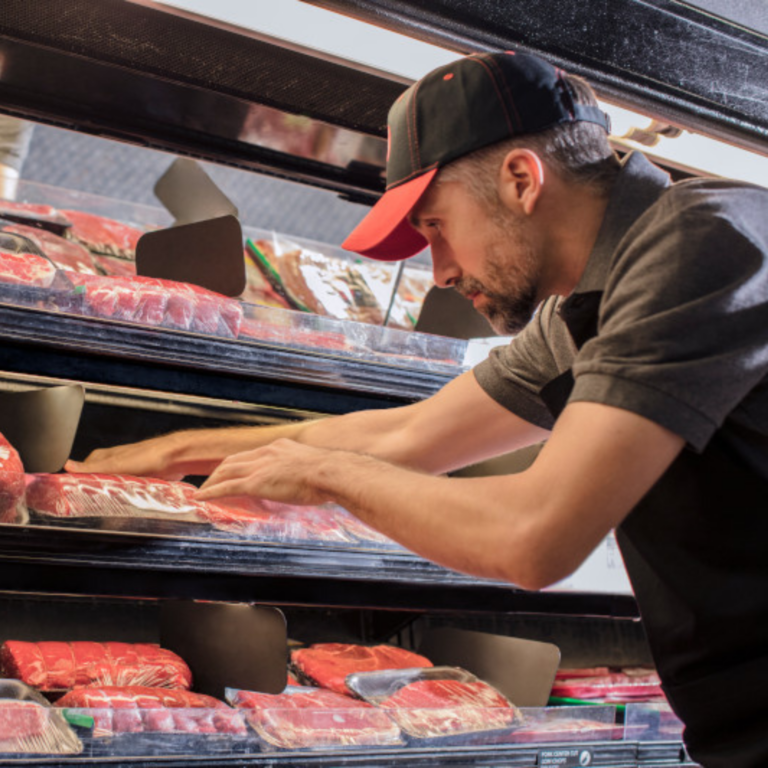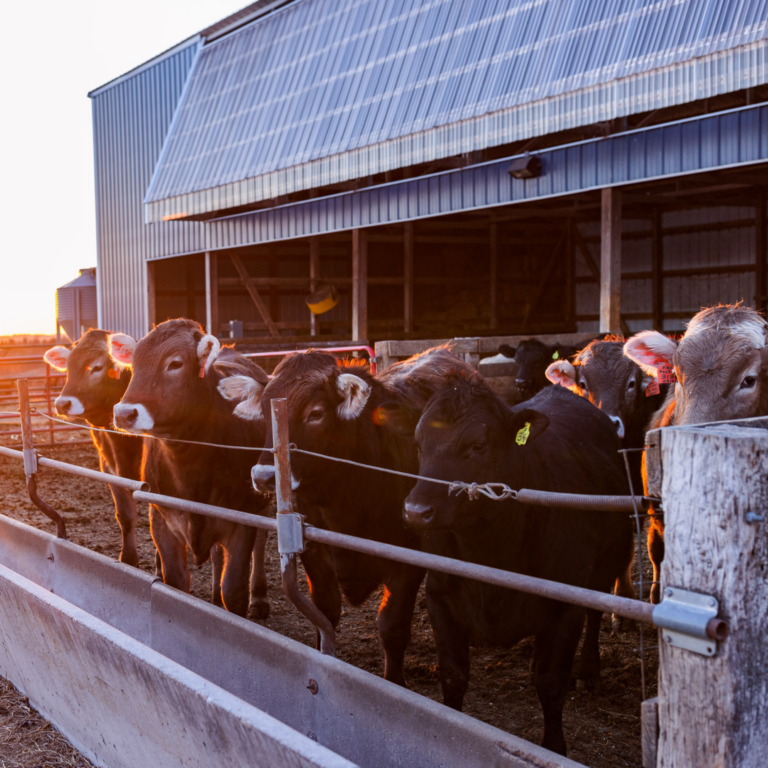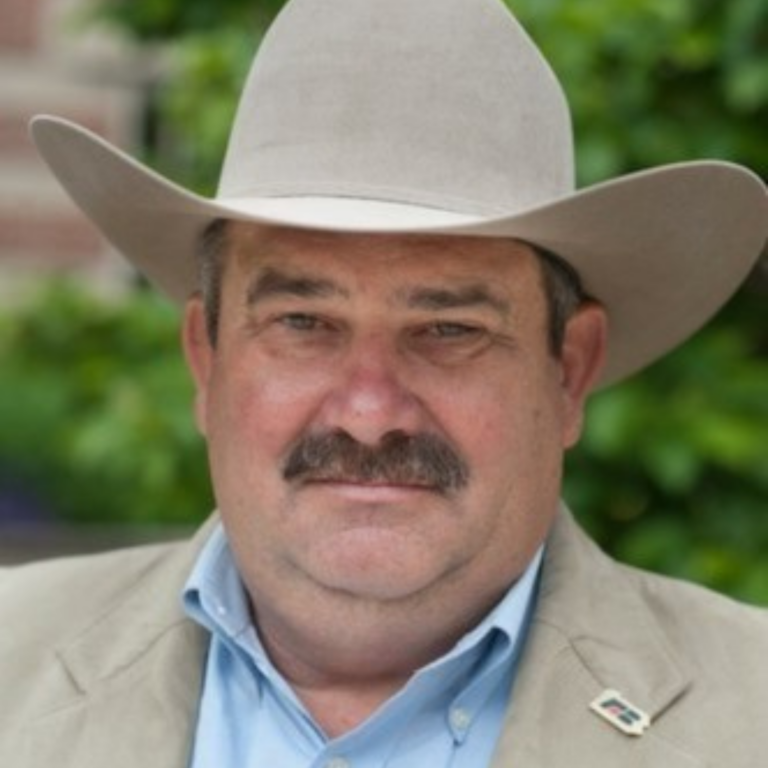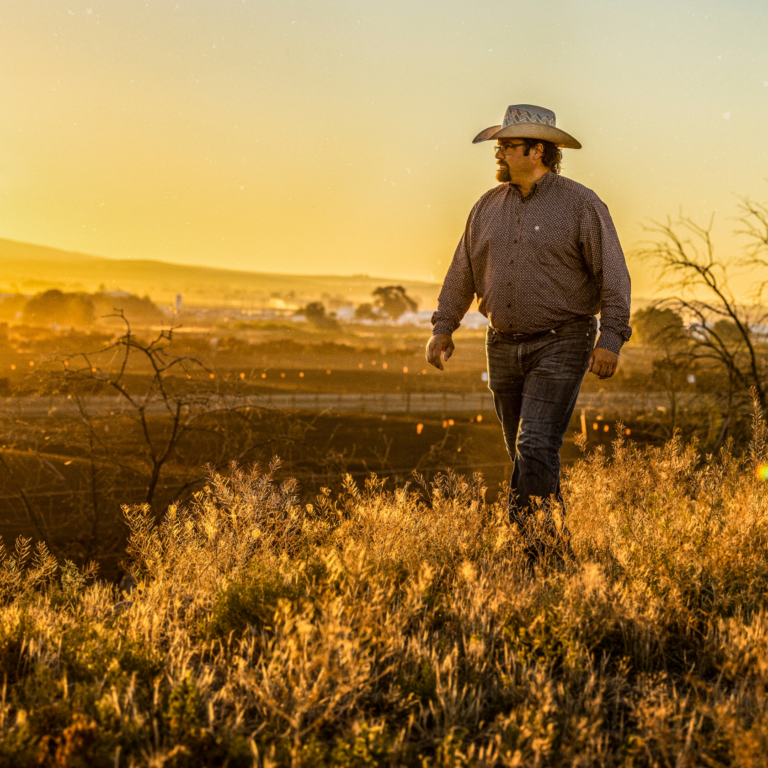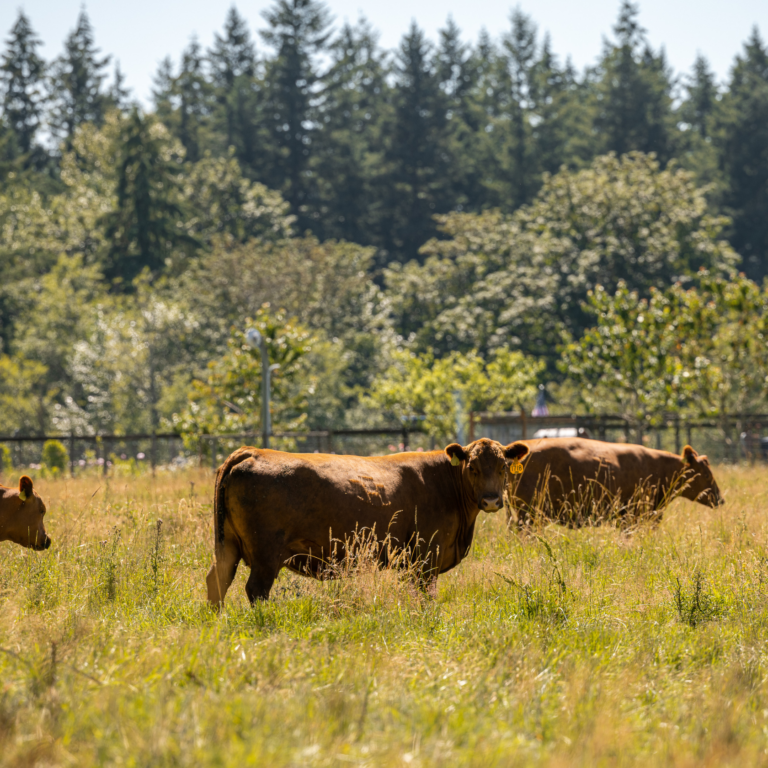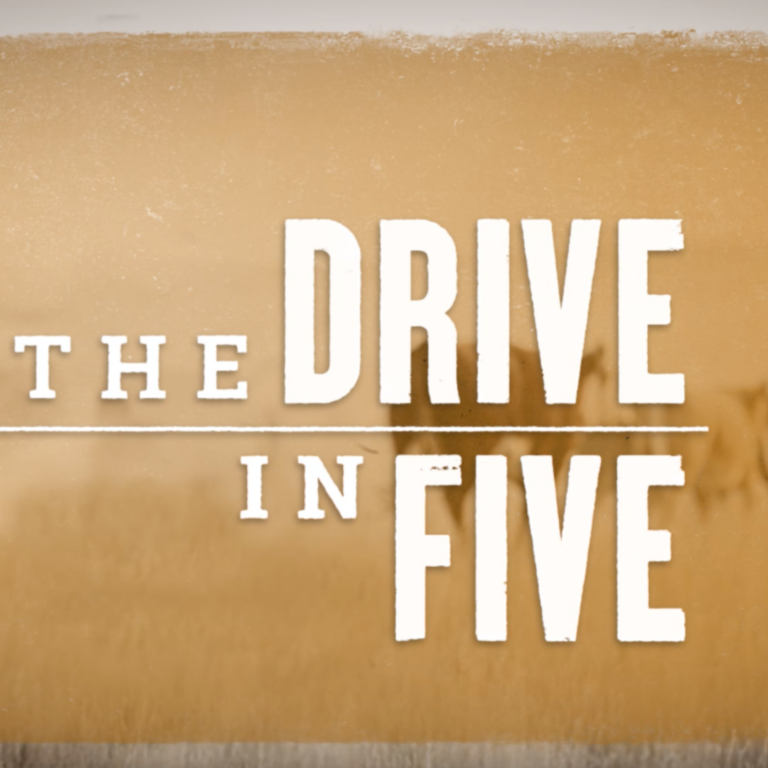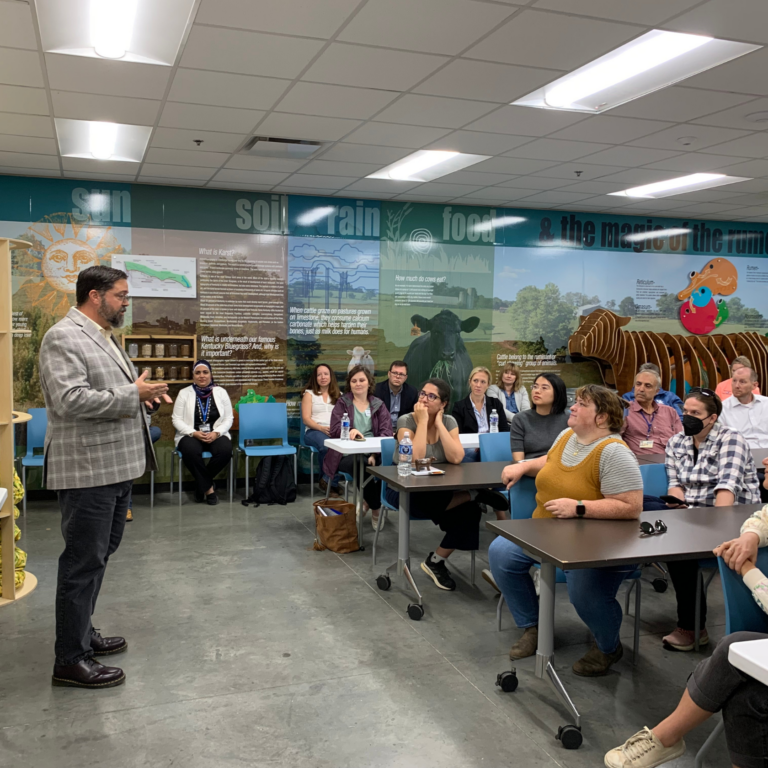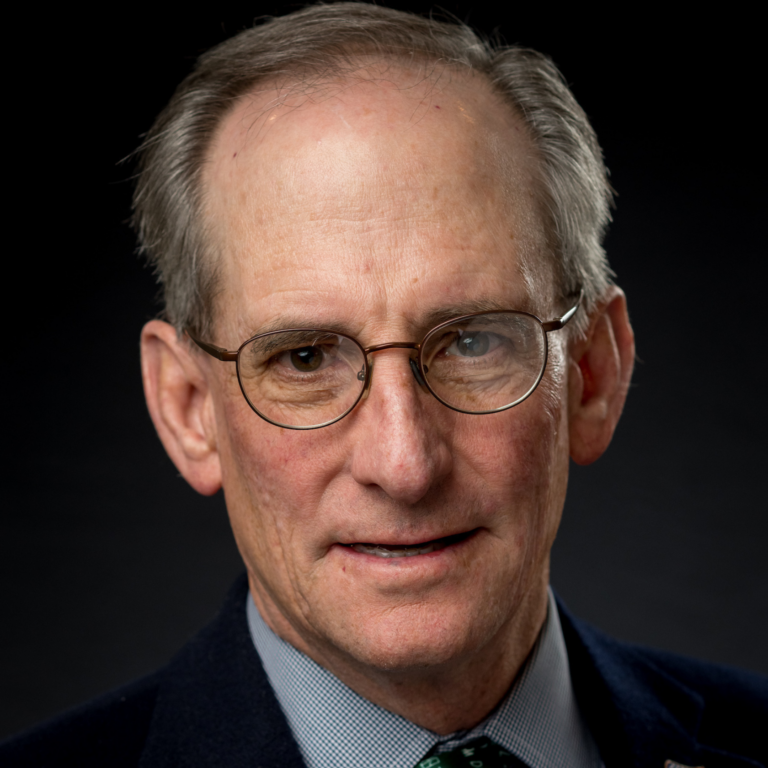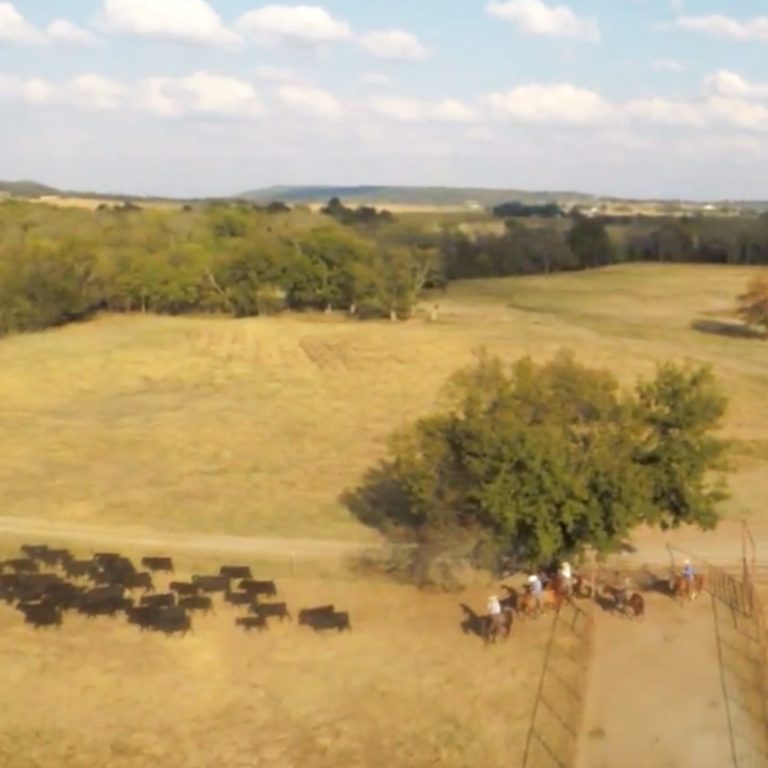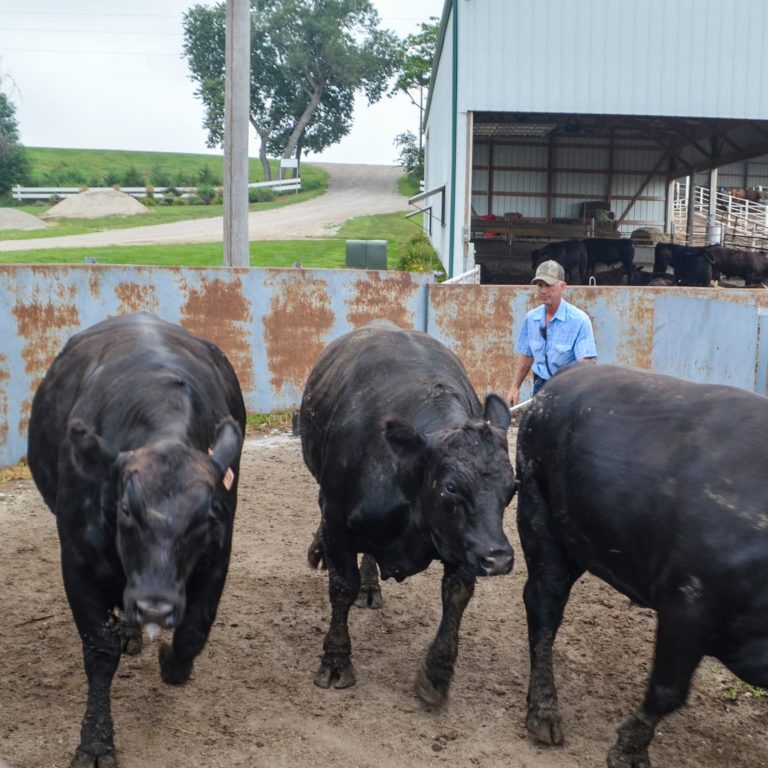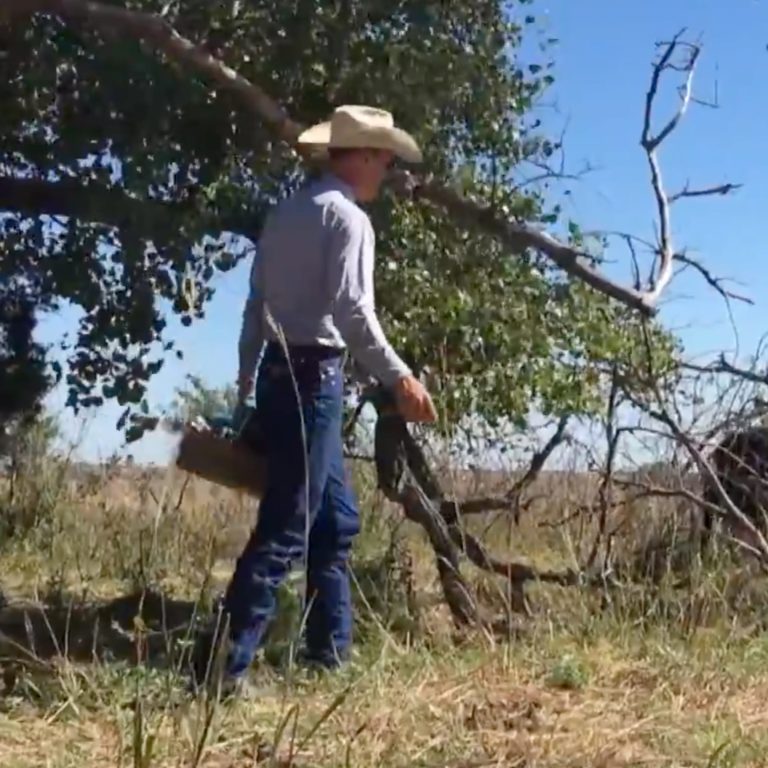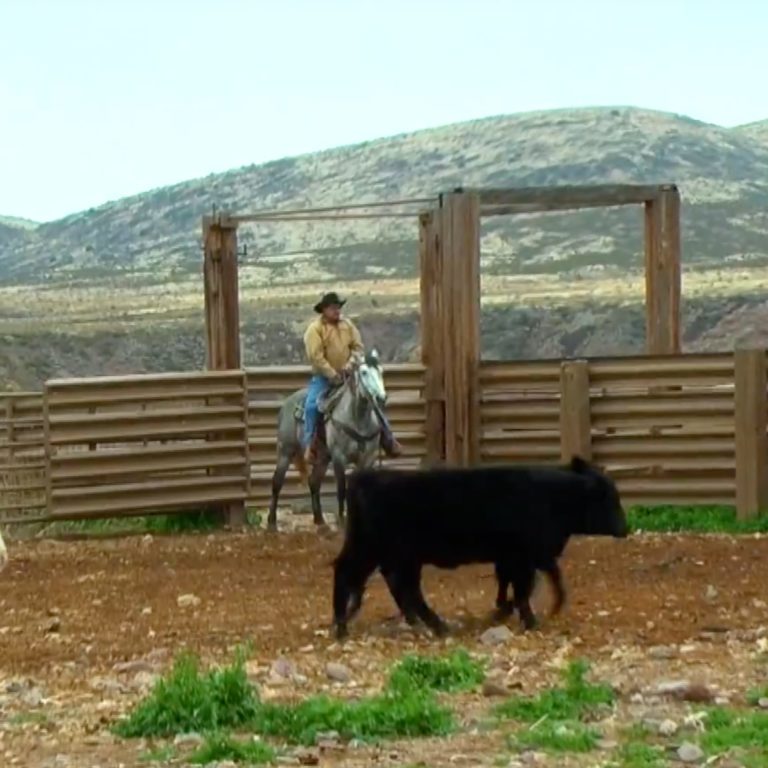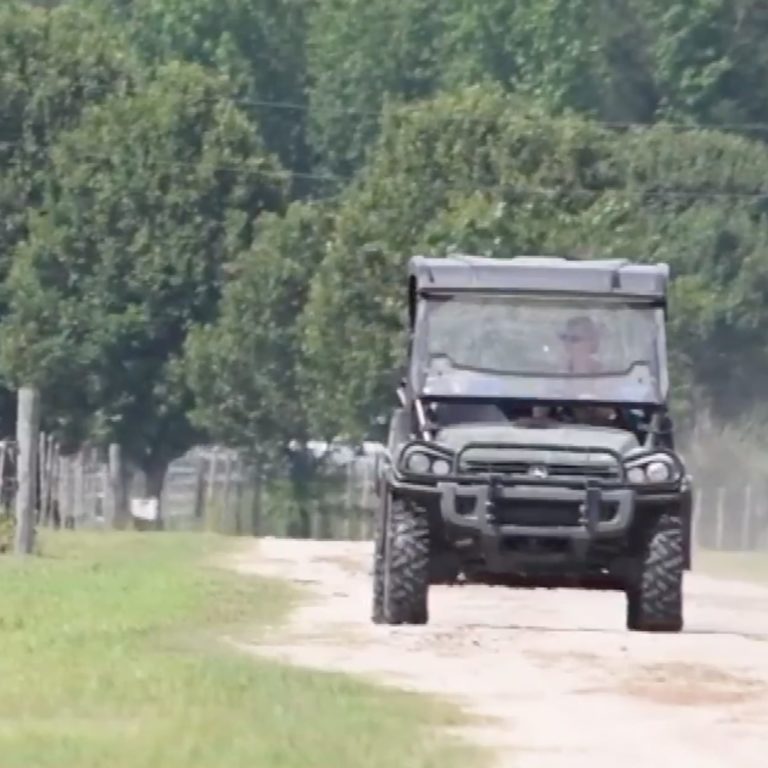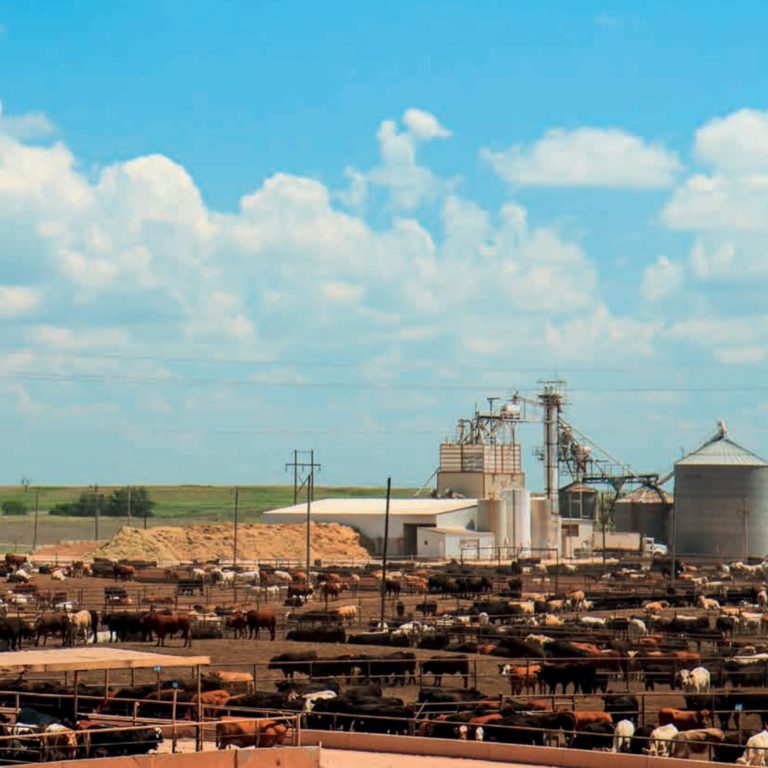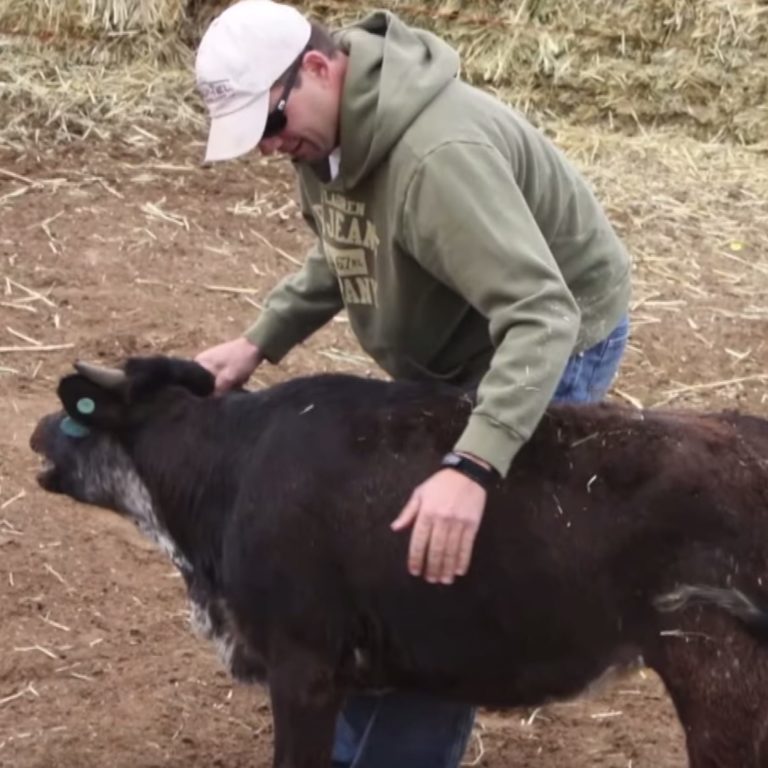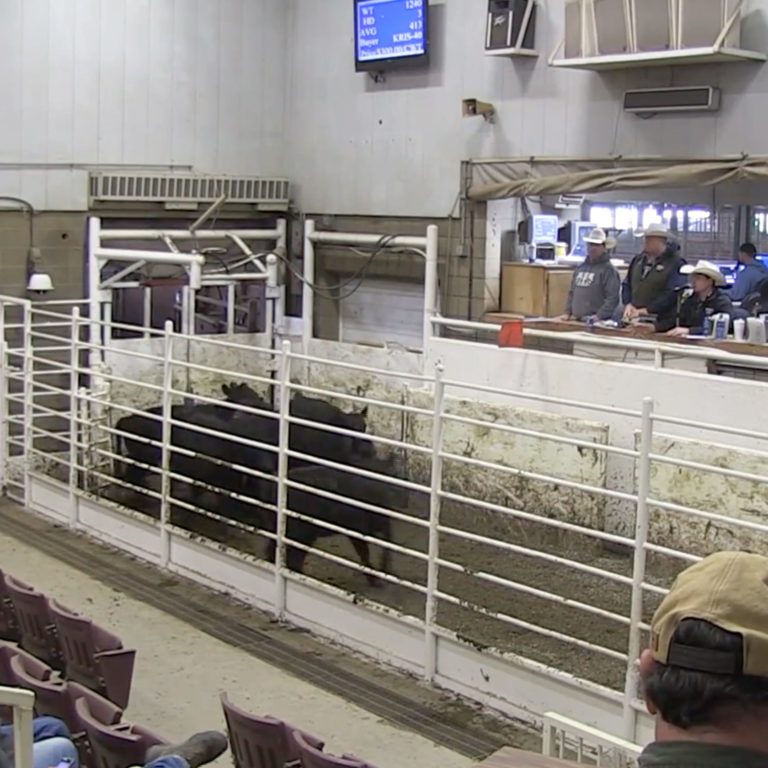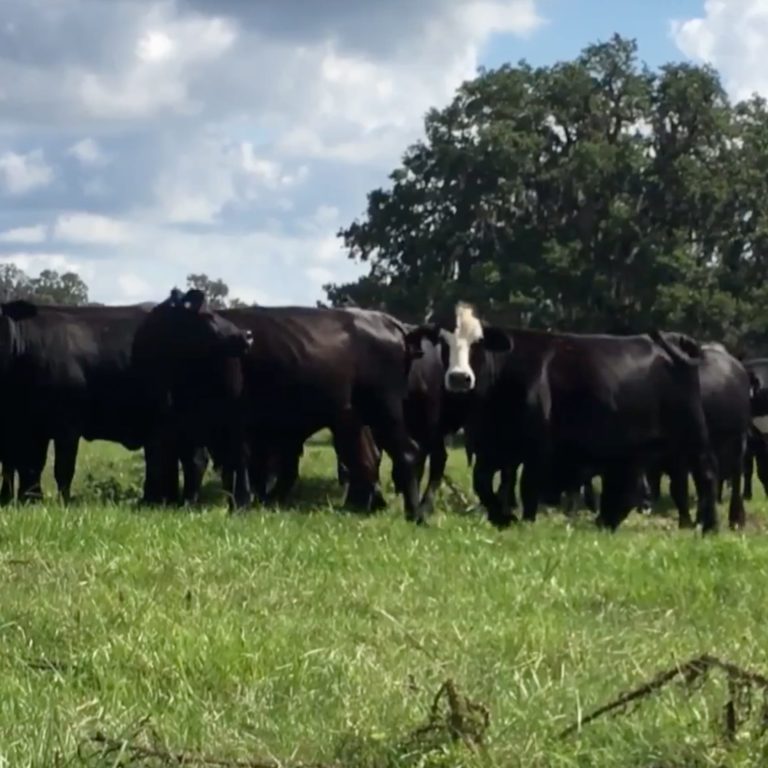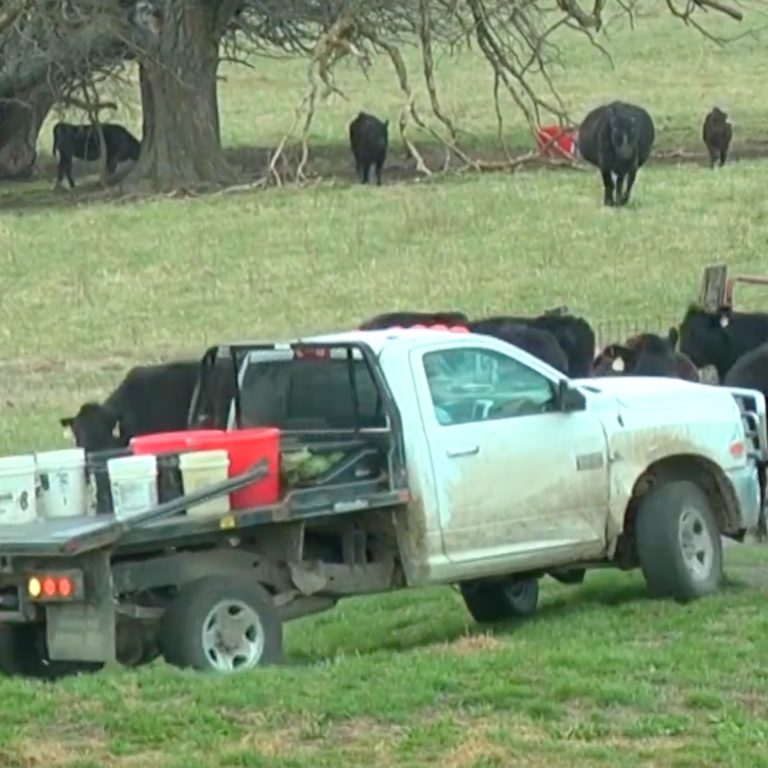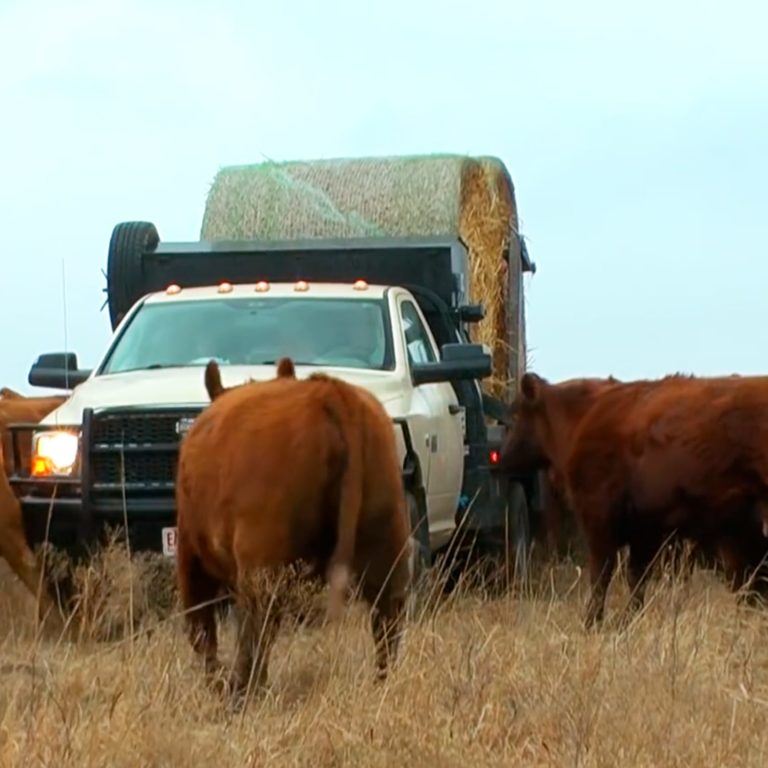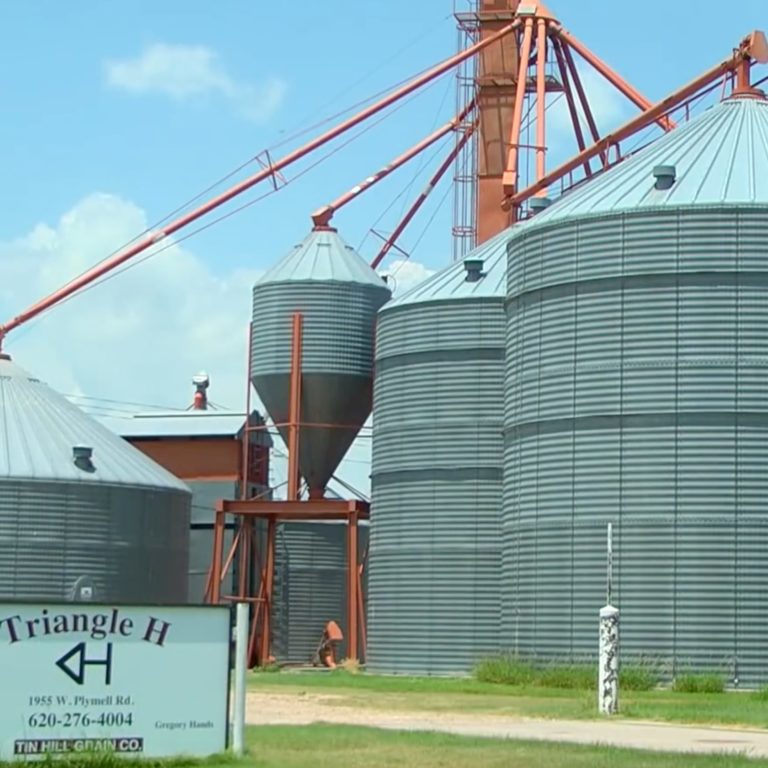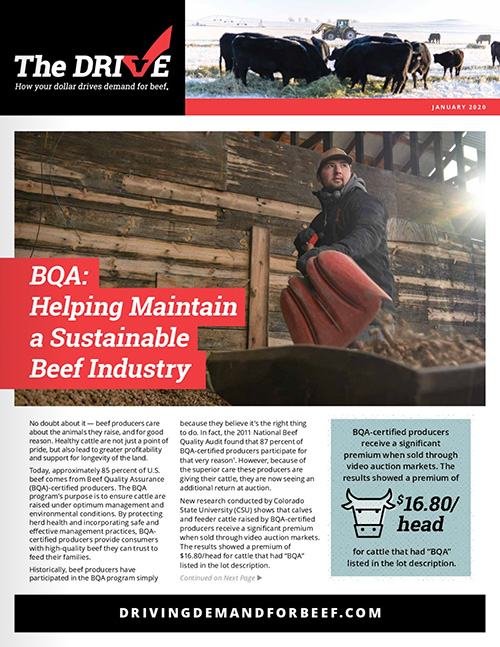Industry Leader Shares His Eye-Opening Experience at the CDC
In August, a group of ten farmers, ranchers and veterinarians toured the Centers for Disease Control and Prevention (CDC) office in Atlanta, Georgia, to learn and engage on the importance of responsible antibiotic use in animal agriculture. One attendee was Cattlemen’s Beef Board Secretary-Treasurer Andy Bishop. Hear from Andy about his experience, the mutual benefits of cross-industry collaboration and why the Beef Checkoff funds antibiotic stewardship programs.
1. Tell us about your visit to the CDC. What surprised you most?
We often hear stories, alerts and news briefs from the CDC, but until I visited, I never really grasped the number of projects they work on daily to ensure Americans stay as safe as possible. The sheer size and magnitude of the facilities and staff were eye-opening for me.
I fully expected to be overwhelmed by scientific data from medical professionals and scientists, but I was pleasantly surprised that we were welcome to speak openly with CDC officials about the tasks we face daily on our farms and ranches.
2. What are some of your key takeaways from the tour?
The CDC is seeking guidance and collaboration from our industry to ensure that we continue to provide the safest food supply in the world. Problems continuously arise with foodborne pathogens, and we need a uniform approach to solve these issues promptly while doing what we can to prevent as many of them as possible from even happening.
3. Why are these types of visits important for the beef industry?
Visits like this allow us to not only tell our story but also give us the rare opportunity to meet face to face with medical professionals and scientists. The tour gave producers a voice and the chance to network with officials who make rules that will impact our operations. The “realness” that this networking opportunity provides shows these officials that we work hard to provide a safe and nutritious product for consumers. For producers, it shows that the individuals making regulations are real people too, just like us.
4. What do you think are the mutual benefits to be gained from this type of collaboration across industries?
Collaboration across industries is increasingly important as issues arise, but it’s even more important to work together to prevent issues before they arise. Through collaboration, we can work together to achieve the same goals without overlapping or superseding our efforts.
5. Did you learn anything that you’ll be applying to your own cattle operation?
I will continue to run my operation with an open mind and note that my animals’ daily care can impact consumers down the road.
6. Overall, why do you think it’s important for producers to get involved in the antibiotic conversation?
I have been involved in this program since 2019. During my first year of involvement, producers were invited to meet industry officials, and the dynamic at that point was that animal agriculture was to blame for antibiotic resistance. That first meeting demonstrated the need for producers to have a seat at the table to tell our story, to create that “realness” factor and eliminate preconceived notions that farmers and ranchers don’t care for their livestock. As these meetings have continued, I have witnessed a paradigm shift among those industry officials: producers judiciously use the tools we are given and collectively work together to accomplish more.
7. What do you want your fellow producers to know about the Beef Checkoff’s efforts to encourage responsible antibiotic use?
The Checkoff is giving producers the opportunity to have those tough conversations about antibiotic use and highlight the existing responsible use of antibiotics on our operations and our Beef Quality Assurance training. We need to improve our practices constantly, and I would encourage producers to keep an open mind. Any individual, business or industry that wants to be better at what they are doing should always reflect on their actions and their impacts and seek ways to continuously improve.
Each year the CBB designates Beef Checkoff funding to industry information. The National Institute for Animal Agriculture is a leader in this sector and is driving the antimicrobial resistance conversation on behalf of the Beef Checkoff. To learn more about NIAA and their 2023 initiatives visit, https://www.beefboard.org/checkoff/beef-checkoff-programs/industry-information/
The Beef Checkoff program was established as part of the 1985 Farm Bill. The checkoff assesses $1 per head on the sale of live domestic and imported cattle, in addition to a comparable assessment on imported beef and beef products. States may retain up to 50 cents on the dollar and forward the other 50 cents per head to the Cattlemen’s Beef Promotion and Research Board, which administers the national checkoff program, subject to USDA approval.









